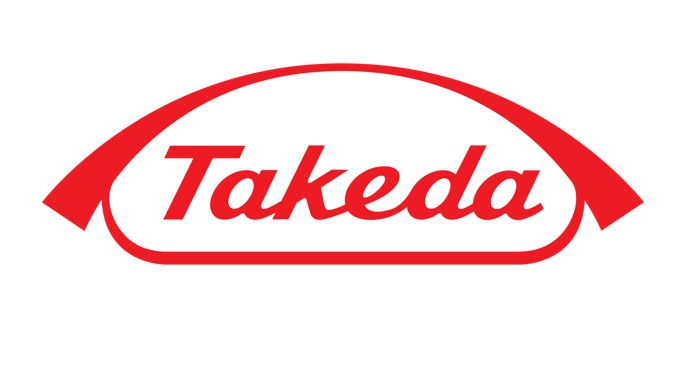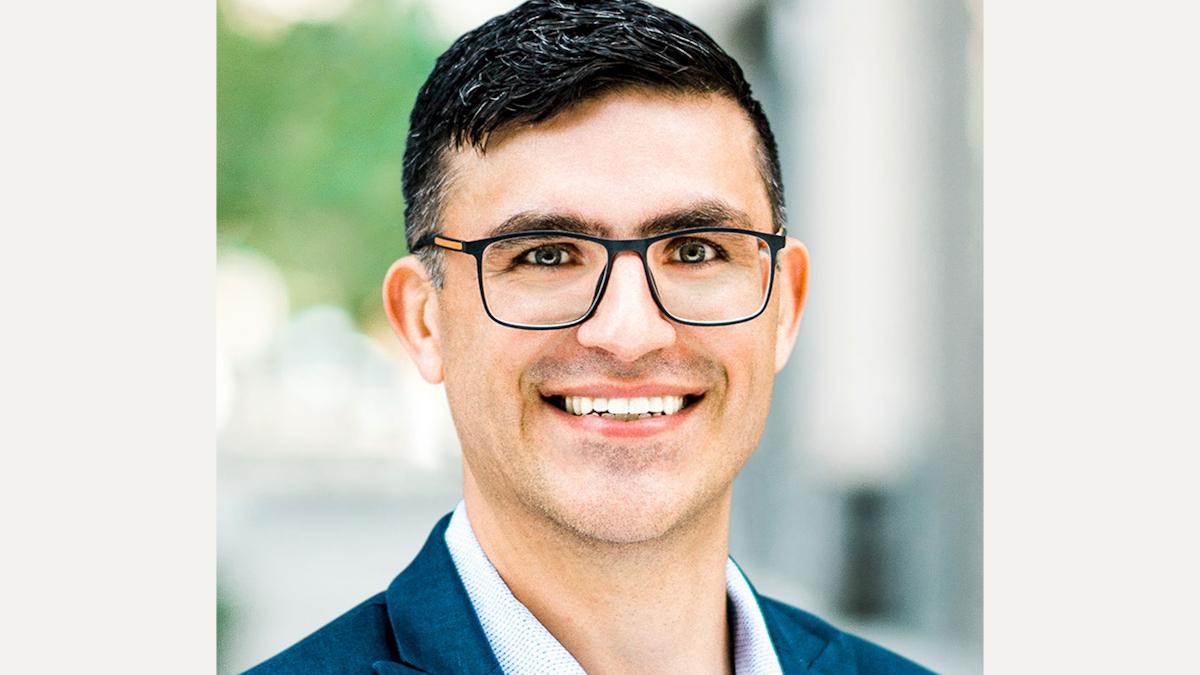Takeda to challenge GW Pharma with epilepsy deal

Japan's Takeda has forged a partnership with biotech Ovid Therapeutics to develop a potential drug for rare childhood epilepsies – a billion dollar plus market already targeted by GW Pharma.
Takeda and Ovid, which is led by former Teva chief executive Jeremy Levin, have agreed to develop and market Takeda’s TAK-935, a novel potent and highly selective CH24H inhibitor.
The companies are targeting the rare childhood epilepsies Dravet Syndrome, Lennox-Gastaut syndrome and Tuberous Sclerosis Complex.
But GW Pharma is already gearing up for US filings of its Epidiolex (cannabidiol) for Dravet Syndrome and Lennox-Gastaut syndrome in the coming months.
GW is also developing the drug in Tuberous Sclerosis Complex and infantile spasms, and if it succeeds in getting the cannabinoid drug approved in all these indications, annual sales could break through the billion-dollar barrier.
Now Takeda is after a piece of this market, and although it is significantly behind GW, hopes to compete with a drug that has a different mechanism of action. Early-mid stage trials of TAK-935 are due to begin in Dravet, Lennox-Gastaut, and Tuberous Sclerosis Complex this year.
Takeda is looking to make deals to boost sales and GW, which is worth just over $3 billion, has been touted as a potential takeover target for big pharma.
Takeda has just bought cancer drugs firm Ariad for $5.2 billion, and may eventually spend up to $15 billion on M&A this year. However it has decided to take a gamble on its own product instead of acquiring GW Pharma.
The Ovid deal will see Takeda received equity in the company, and may receive milestone payments based on the advancement of TAK-935. The companies will share in the development and marketing costs on a 50/50 basis and, if successful, the companies will share in the profits on a 50/50 basis.
Takeda will market the drug in Japan, and has the option to lead in Asia and other selected geographies. Ovid will lead clinical development activities and marketing of TAK-935 in the United States, Europe, Canada and Israel.
The companies may also pursue additional orphan central nervous system indications. Additional financial details were not disclosed.













